重量訓練的好處?有病治病,沒病強身
撇除史考特不熟悉的中藥不談,我不曾聽說過有任何一種藥物是「有病治病,沒病強身」的。癌症需要化療藥治療、感染需要抗生素、高血壓要降血壓藥,但這幾種藥物對沒病的健康人來說,絕對沒有強身的功效,只有副作用的風險。
絕大多數宣稱有健康功效的保健食品,也都沒有治療疾病的功效。
就我所知,重量訓練是唯一符合「有病治病,沒病強身」的好東西。如果有一天我能把重量訓練當成藥物開立,那麼它絕對是我最常處方的藥物。
預防兼治療
以下這張圖是2016年台灣十大死因,這些疾病不僅帶走人們的生命,更造成許多長期失能的問題。

我整理了目前有的科學研究,將其濃縮至精華,來說明重量訓練如何幫助人們預防及治療這些疾病。

(失智症並不在十大死因內,是因為失智很少直接造成病患死亡,反而是失能所造成的續發性問題如營養不良、吞嚥困難、褥瘡等。運動與重量訓練同時有治療及預防失智的功效,我過去在這個影片中有詳細討論。)
結語
十大死因中,僅有肺炎與肝病完全無法藉由重訓預防或治療,沒有任何一種已知的藥物或健康食品,有如此廣泛的適應症。如果各位自認為熱愛生命,都應該開始向最近的健身房報到。
參考資料
[1] Strasser B, Steindorf K, Wiskemann J, Ulrich CM. Impact of resistance training in cancer survivors: a meta-analysis. Med Sci Sports Exerc. 2013;45(11):2080-2090.
[2] Stamatakis E, Lee IM, Bennie J, et al. Does Strength-Promoting Exercise Confer Unique Health Benefits? A Pooled Analysis of Data on 11 Population Cohorts With All-Cause, Cancer, and Cardiovascular Mortality Endpoints. Am J Epidemiol. 2018;187(5):1102-1112.
[3] Marzolini S, Oh PI, Brooks D. Effect of combined aerobic and resistance training versus aerobic training alone in individuals with coronary artery disease: a meta-analysis. Eur J Prev Cardiol. 2012;19(1):81-94.
[4] Yamamoto S, Hotta K, Ota E, Mori R, Matsunaga A. Effects of resistance training on muscle strength, exercise capacity, and mobility in middle-aged and elderly patients with coronary artery disease: A meta-analysis. J Cardiol. 2016;68(2):125-134.
[5] Ho SS, Dhaliwal SS, Hills AP, Pal S. The effect of 12 weeks of aerobic, resistance or combination exercise training on cardiovascular risk factors in the overweight and obese in a randomized trial. BMC Public Health. 2012;12:704.
[6] Kerksick C, Thomas A, Campbell B, et al. Effects of a popular exercise and weight loss program on weight loss, body composition, energy expenditure and health in obese women. Nutr Metab (Lond). 2009;6:23.
[7] Cornelissen VA, Fagard RH, Coeckelberghs E, Vanhees L. Impact of resistance training on blood pressure and other cardiovascular risk factors: a meta-analysis of randomized, controlled trials. Hypertension. 2011;58(5):950-958.
[8] Gambassi BB, Coelho-Junior HJ, Schwingel PA, et al. Resistance Training and Stroke: A Critical Analysis of Different Training Programs. Stroke Res Treat. 2017;2017:4830265.
[9] Wist S, Clivaz J, Sattelmayer M. Muscle strengthening for hemiparesis after stroke: A meta-analysis. Ann Phys Rehabil Med. 2016;59(2):114-124.
[10] Sylliaas H, Brovold T, Wyller TB, Bergland A. Progressive strength training in older patients after hip fracture: a randomised controlled trial. Age Ageing. 2011;40(2):221-227.
[11] Wolfe RR. The underappreciated role of muscle in health and disease. Am J Clin Nutr. 2006;84(3):475-482.
[12] Buchner DM, Cress ME, de Lateur BJ, et al. The effect of strength and endurance training on gait, balance, fall risk, and health services use in community-living older adults. J Gerontol A Biol Sci Med Sci. 1997;52(4):M218-224.
[13] Liu-Ambrose T, Khan KM, Eng JJ, Janssen PA, Lord SR, McKay HA. Resistance and agility training reduce fall risk in women aged 75 to 85 with low bone mass: a 6-month randomized, controlled trial. J Am Geriatr Soc. 2004;52(5):657-665.
[14] Colberg SR, Sigal RJ, Yardley JE, et al. Physical Activity/Exercise and Diabetes: A Position Statement of the American Diabetes Association. Diabetes Care. 2016;39(11):2065-2079.
[15] Strasser B, Pesta D. Resistance training for diabetes prevention and therapy: experimental findings and molecular mechanisms. Biomed Res Int. 2013;2013:805217.
[16] Liao WH, Chen JW, Chen X, et al. Impact of Resistance Training in Subjects With COPD: A Systematic Review and Meta-Analysis. Respir Care. 2015;60(8):1130-1145.
[17] Cornelissen VA, Fagard RH, Coeckelberghs E, Vanhees L. Impact of resistance training on blood pressure and other cardiovascular risk factors: a meta-analysis of randomized, controlled trials. Hypertension. 2011;58(5):950-958.
[18] Heiwe S, Jacobson SH. Exercise training in adults with CKD: a systematic review and meta-analysis. Am J Kidney Dis. 2014;64(3):383-393.
[19] 彭渝森,腎臟病在台灣 (Retrieved from http://www.ntcma.org/98/twckd.pdf)
其他人也看了
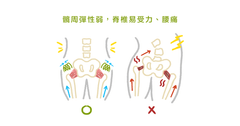
腰痛膝蓋痛,有可能是髖關節失能導致
常見到髖關節在被動評估角度的時候,明顯受限卡卡,無法流暢轉動,髖關節損傷原因可能來自:周邊構造彈性減弱、不對稱長短腳與髖關節肌肉不平衡......
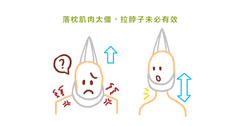
落枕其實是椎間盤突出!落枕拉脖子有效嗎?
每個人一生中一定都會得過的一種病-「落枕」,其實也是椎間盤突出。一個晚上的不對稱姿勢,也會讓椎間盤漸漸突出......
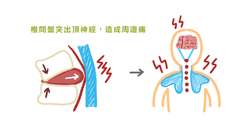
肩頸痠痛、膏肓痛、手臂痛?物理治療師:可能是椎間盤突出
椎間盤就像裝了水的皮球,承載著來自上下兩節椎體的壓力,當壓力不平衡的時候,椎間盤就會被推向一邊,但在椎體後方有一條強壯的韌帶-後縱韌帶會擋住向後突的椎間盤......
登入中











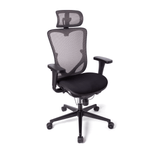
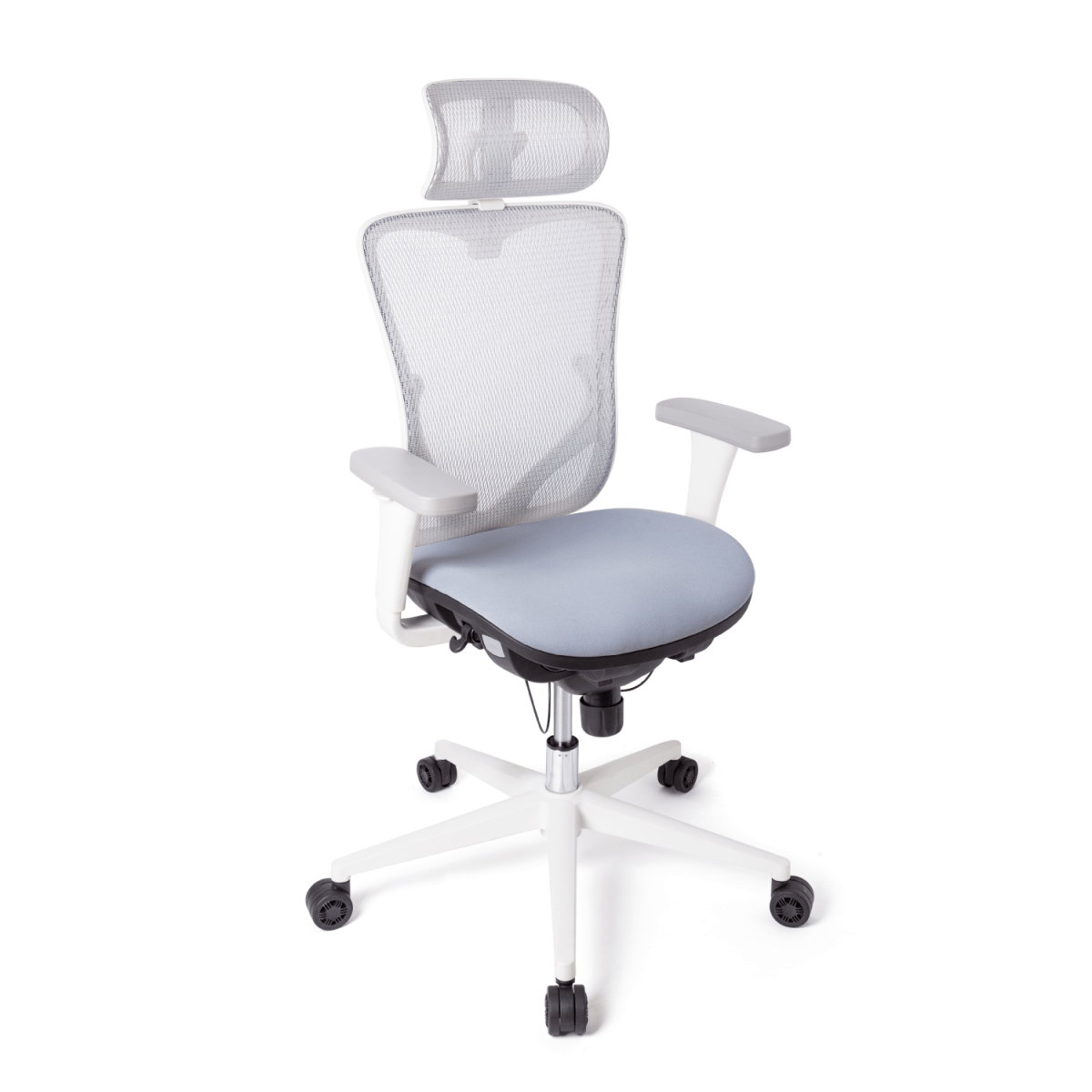


思恒 王
作者
王思恒醫師,是一位復健科專科醫師。從醫學院時代開始著迷於健身運動,喜歡以科學角度研究運動/飲食/健康知識,以筆名「史考特」著有網誌「一分鐘健身教室」。 專長為健身、運動營養、運動傷害、疾病預防。曾在林口長庚紀念醫院復健科擔任住院醫師,現在在大台北地區復健科診所執業。